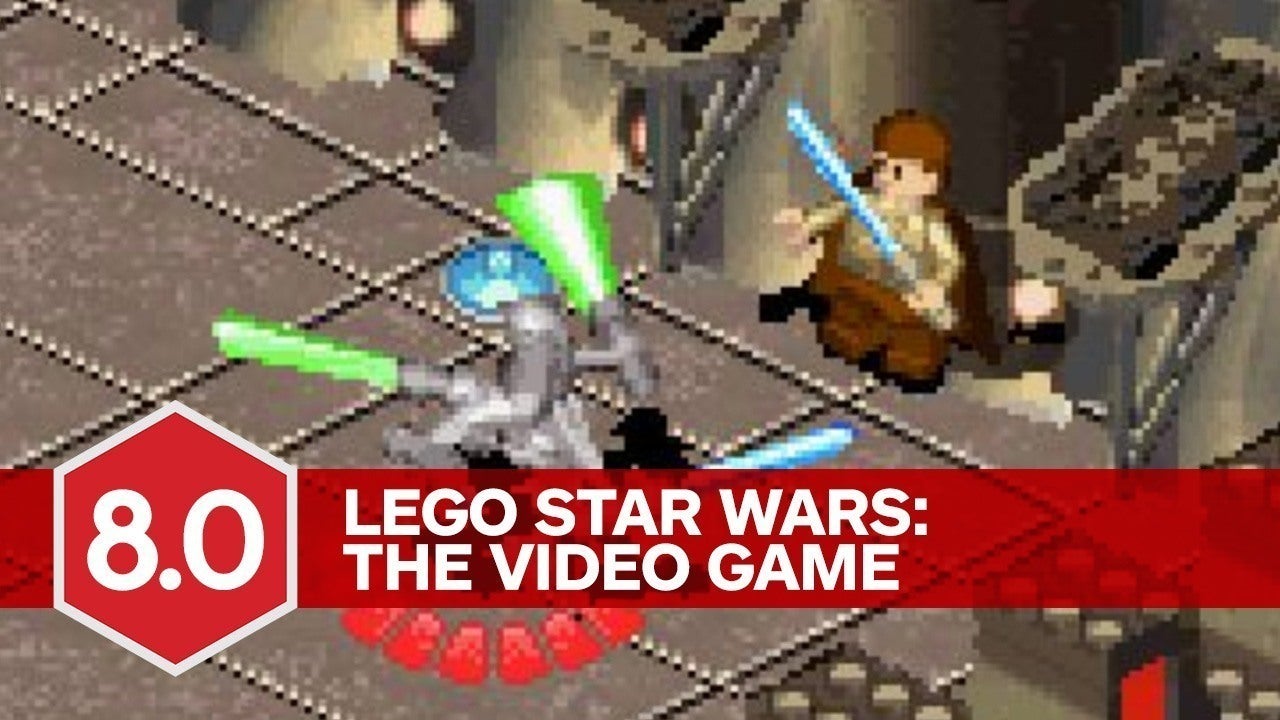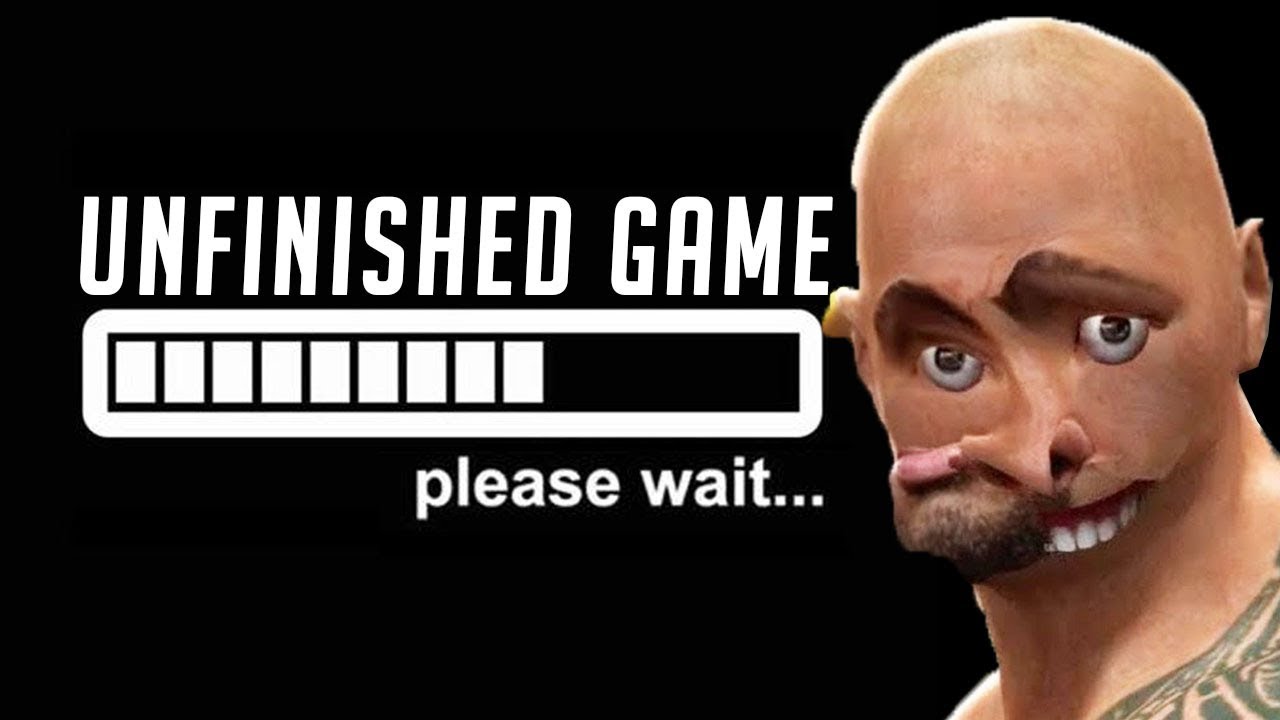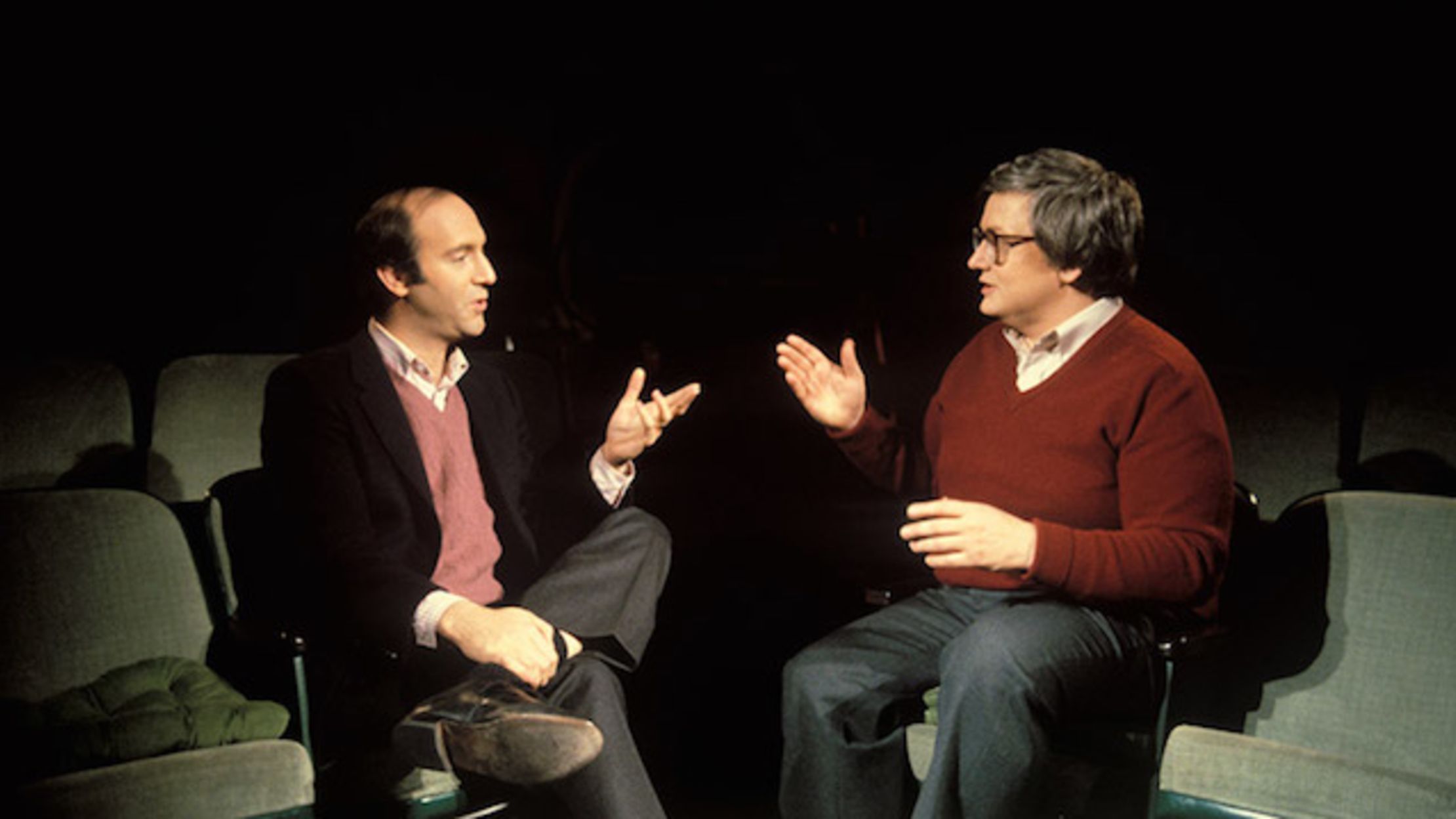Video Game Reviews Are A Hotter Topic Than Ever
On May 3, 2021, Gaming Bible Head of Content Mike Diver dropped a bomb on the gaming community. This was when he tweeted that “You don't need...
Published 4 years ago in Wow
This invited a firestorm of replies and opened up some old wounds about games journalism. But should reviewers have to finish games?
1
Do Scores Even Matter?
Most of the people angry at Diver were horrified at the notion of giving a score to a game without completing it. But this merits a different question: do we really think these scores matter in any comprehensive sense?
It’s easy to go back through old reviews on IGN or another site and be horrified at the crap games that have a higher score than modern classics. And scores have always been subjective as well: it comes down to the writer’s opinion, but way too many gamers treat these scores as The Final Word on the quality of a game.
In fact, it’s not a coincidence that IGN and other sites moved away from scores. If we can agree scores don’t really matter, then someone giving a score to a game they didn’t finish is a non-issue.2
The Time Crunch
What does it mean to “finish” a game? Is it simply seeing the credits roll? Or does the reviewer have to finish every side quest and platinum every game?
The simple fact is that most reviewers don’t have enough time to actually finish games. Imagine having to find the time to pump 40 hours into that new JRPG at night while doing all your “desk job” duties by day. And if the publisher doesn’t provide a review copy quick enough, some poor reviewers will have to go days without sleep just to crank out a review in time.
At that point, both the review and the score are pretty useless. Do we really trust the word of someone who could collapse from exhaustion at any point?3
Play for Pay
It’s an open secret that many developers will withhold review copies of games if the gaming website has given one of their titles a bad score. Famously, this is how Giant Bomb got started: Gamespot fired Jeff Gerstmann because he dared to give an honest review to Kane & Lynch: Dead Men and he started his own game site.
But if we know developers are putting this pressure on game sites and their writers, why should we care about how long the reviewer played the game? Play it for 4 hours or 40 hours, but the result is the same: a fake score to make the devs happy and keep the review copies coming.4
The Question of Talent
One popular argument against Diver’s position was that finishing a game demonstrates the reviewer’s talent. And in a perfect world, readers will get the most informed reviews from the most talented writers.
But what does “talent” mean in this context? Are we expecting fighting game reviewers to have competed at Evo? Do JRPG reviews have to prove how many times they have visited Japan before giving a verdict?
As Diver later pointed out, most game developers wouldn’t meet the arbitrary “talented enough” criteria that angry gamers come up with. Why should we expect our reviewers to make it past these constantly moving goalposts?5
Pro Gamers vs. Average Gamers
Here’s a bitter pill to swallow: statistically, as a gamer, you are likely very, very average.
That’s important to remember because reviews aren’t tailored for “pro” gamers raking in six figures each year by mastering certain games. Instead, they are made for people who may buy a game and noodle around with it a few hours before moving on with their lives.
In other words, most gamers are casual gamers. And it’s silly to get mad that most reviews are casual reviews. If you really need a pro’s input, go find one on Twitter and watch him spend a month diving into the same game.6
Do Most Gamers Finish Games?
On a related note, most gamers don’t actually finish most of their games. That’s why games now give you trophies and achievements for completion. And why most of us have an embarrassing pile of Steam games we are unlikely to ever finish.
Once more, the average game review is made for the average person. Even if a reviewer didn’t finish a game, they can certainly offer enough of an informed opinion to recommend it (or not) to someone else who won’t finish it.7
Community Reviews vs Pro Reviews
Another question worth considering is how much gamers actually rely on professional reviews anymore? Most of the gamers I know are likelier to browse things like Steam reviews, social media, and Twitch to see what other gamers are saying about a title.
But let’s be honest: you don’t have to finish a game to leave a comment or review online. Hell, can you imagine if Steam didn’t let you comment on a title until you completed it?
Most of the debate about game reviewers comes back to this idea of holding them to some kind of higher standard. But the blunt truth is that we are holding reviewers to a higher standard than we hold the people we are likelier to take recommendations from!8
The Actual Role of the Critic
In discussing the role of the critic, we have to get a touch philosophical. And that starts with a fundamental question: what do you expect from a game review?
As Driver pointed out on Twitter, “A review is An Experience. It's not a guide, a walkthrough, or a product description. Nor is it a bizarre flex of prowess.” And he’s right: if we want technical info about a system or game, we check the specs. If we want a walkthrough, we pull up a video of click over to Ye Olde Gamefaqs.
Ultimately, a review is simply an opinion. And if we’re being honest, most opinions are formed pretty quickly. You don’t have to clean your plate to figure out if food tastes good or not, and you don’t have to finish all 1,000 pages of a big novel to determine if you liked it or not.
Why, then, did we invent this fake standard for game reviewers?9
Games Journalists Held to a Different Standard
What is the closest analog we have to a games reviewer? That would be a movie reviewer. And on the surface, they have the same job: to experience a piece of media and then offer their opinions.
However, it takes far less time to watch a movie (usually no more than 2.5 hours) than to complete a game (usually at least 10 hours). And most people don’t expect movie reviewers to have gone to film school or directed a hit movie before offering us their thoughts.
The honest truth is that the biggest critics of Diver and other games journalists is that they are often holding these people to a different standard than other reviewers. And it’s a harsher standard than almost any gamer would hold themselves to.10
The Final Verdict
So, back to the big question: should reviewers finish games before giving a score? The answer is “ideally yes, but it’s not really necessary.”
Obviously, the more a reviewer experiences, the more they can tell us about. So completing a game gives them the best opportunity to learn the most about a title before making a recommendation.
But the heart of any review is whether you liked something or not. It doesn’t take that long to figure such a thing out. And if a reviewer is too bored or too annoyed by a game to finish it, then they have already formed an opinion that they can share with the rest of the world.
If this idea makes you mad, ask yourself: did you have to make it to the bottom of 1400 words to figure out whether you liked what I was saying or not? If the answer is “no,” then maybe you shouldn’t require a 40-hour commitment from reviewers before they tell us whether they liked a game or not.













